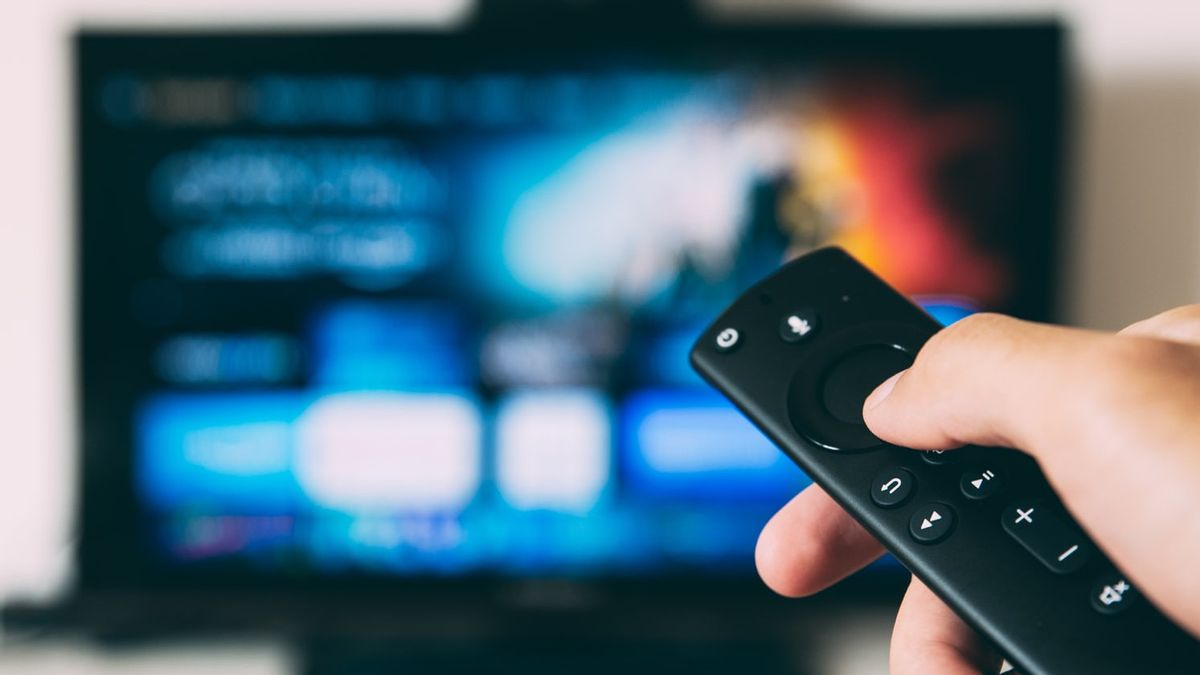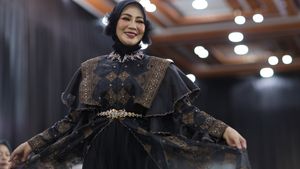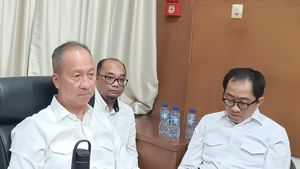JAKARTA - The Indonesian Child Protection Commission said that television shows need to be oriented to the best interests of children and can support the growth of a child through educational shows.
“Child protection has become a major commitment of the state. Moreover, Law 35 of 2014 concerning child protection explicitly states that child protection is the obligation of all parties, including the state, government, local government, the community including the media, parents and families," said Chair of the Indonesian Child Protection Commission (KPAI) Susanto in a written statement. received in Jakarta, reported by Antara, Tuesday, September 7.
He said, a show on a media must have a selected and healthy nature for the development of a child who will watch the show.
Based on the provisions of Article 4 paragraph 1 of Law Number 32 of 2002 concerning broadcasting, it is stated that broadcasting as a mass communication activity has a function as a medium of information, education, healthy entertainment, control and social glue.
Susanto also explained that in accordance with the provisions in Article 72 paragraph 5 in Law Number 35 of 2014 concerning child protection, mass media is carried out through the dissemination of useful information and educational materials.
The educational materials can be taken from various aspects of life such as social, cultural, educational, religious and child health aspects by taking into account the best interests of the child.
Looking at the provisions of the two laws, he suggested to the media that a broadcast should be oriented to the best interests of children.
Previously, he explained that his party had received complaints from the public regarding the news on the release of the SJ case in a number of mass media. His party also considered that the broadcast was excessive and interfered with the spirit of educative reporting that was in line with the child's growth and development.
“The number of shows that show figures of perpetrators of sexual crimes against children is not accurate and in accordance with the stimulation of child development. Excessive reporting is prone to various impacts," he said.
Susanto said that shows that show perpetrators of sexual crimes are vulnerable to imitative effects on children because even though they are perpetrators of sexual crimes, they still seem honorable.
Second, they are prone to giving the impression that perpetrators of sexual crimes against children are common. Whereas sexual crimes against is a crime that is a serious concern of the state. Finally, excessive reporting can disturb the inner atmosphere of the community and victims.
"Excessive reporting of perpetrators of sexual crimes against children is vulnerable to psychological harm to victims. And it is not in accordance with the ethics and propriety of broadcasting in public spaces and other impacts," said Susanto. Therefore, Susanto revealed that KPAI has now submitted a letter to the Indonesian Broadcasting Commission (KPI) to provide continuous appeals and education to broadcasters to maintain the dignity of broadcasting institutions in carrying out healthy education and entertainment functions.
His party also asked KPI to adjust the Broadcasting Code of Conduct and Broadcast Program Standards (P3SPS) with the principles of child protection, including protection oriented towards victims, witnesses and child perpetrators.
The English, Chinese, Japanese, Arabic, and French versions are automatically generated by the AI. So there may still be inaccuracies in translating, please always see Indonesian as our main language. (system supported by DigitalSiber.id)













